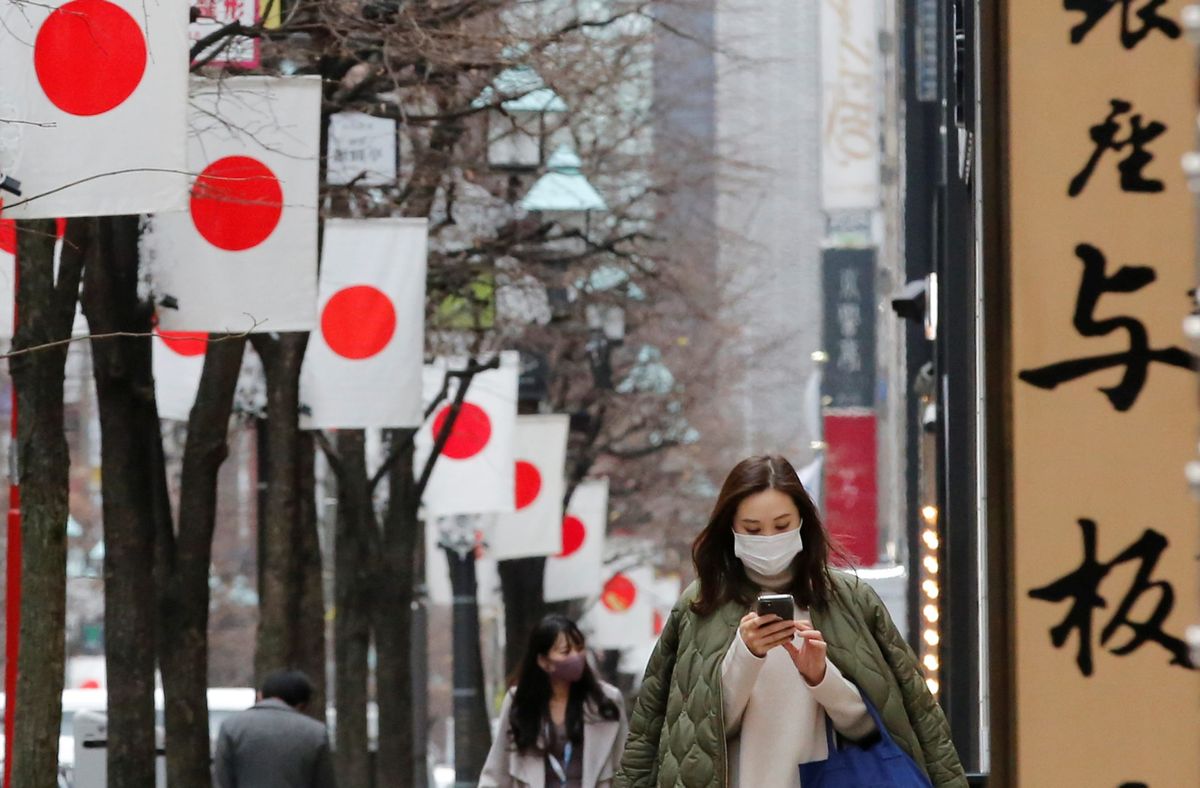Will Japan’s relationship with China change under Prime Minister Suga?

A few minutes every morning is all you need.
Stay up to date on the world's Headlines and Human Stories. It's fun, it's factual, it's fluff-free.
In the past, Prime Minister Suga’s roles did not require him to take a position on foreign policy. His current one does.
Beijing has an opportunity to restart relations with more than just the incoming Biden administration. China’s other strategic rival, Japan, presents a new government for Beijing to make inroads with.
Usually new Japanese governments are a routine occurrence in the fickle Japanese political system. But the last eight years have seen only one Japanese prime minister: Shinzō Abe.
Abe is the longest-serving prime minister in Japan, having served from 2006 to 2007 and again from 2012 to 2020. A member of Japan’s right-leaning Liberal Democratic Party (LDP), Abe helped reinvigorate a long-stagnant Japanese economy and strengthen the Japanese military. He retired late last year due to health concerns, paving the way for a trusted ally of Abe’s to replace him: Yoshihide Suga.
The bureaucrat
Suga was the continuation candidate to the Abe government, which may have been why he won a resounding victory in the leadership elections for the LDP. Before ascending to the premiership, Suga was the longest serving chief cabinet secretary in Japanese history and was seen as the mastermind behind many of the Abe government’s domestic policies, including Abenomics.
Despite being in positions of prominence for years, little is known of Suga who is said to keep a low profile. Suga comes from a family of strawberry farmers in the north of Japan, which separates him from many Japanese politicians who come from political dynasties, including Shinzō Abe.
Yoshihide Suga is focused primarily on Japan’s domestic issues. He appears to be more focused on fostering economic growth, cutting Japan’s enormous public debt and reforming social programs than in dwelling on the external issues that animate many of the more nationalistic members of the LDP.
Japan in the world
The relationship between Beijing and Tokyo has swung between cold and cool in recent years. Chinese claims and encroachment on the Japanese-controlled Senkaku Islands – which the Chinese refer to as the Diaoyu Islands – has led to greater investment in the Japanese Self-Defense Forces (JSDF). Japan now participates in a quasi-military partnership with the “Quad,” which consists of the United States, Australia and India – all of which are united against a rising threat from China.
Japan faces two primary threats in the Pacific: North Korea and China. North Korea’s weapons tests and abduction of Japanese citizens makes Pyongyang a direct threat to the Japanese homeland. However, China’s attempts to extend its sovereignty over the Senkaku Islands has stirred nationalist sentiment in Japan, especially within the LDP.
When Suga won the leadership of the LDP, he defeated two other candidates who maintained a softer view toward Beijing. Despite his apparent disinterest in security policy, Suga’s first trip abroad as prime minister to Vietnam and Indonesia yielded increased defense ties between Hanoi and Tokyo.
Nonetheless, as the new prime minister focuses on economic growth and managing the effects of the pandemic, focusing on territorial disputes with China, Japan’s most important trading partner, might be a cause best left for another day. Another factor to consider is the role the US will play.
The American role
The Abe government was forced to adapt to the idiosyncratic nature of the Trump administration.
Many would argue that Abe handled Donald Trump better than most. However, there were still disruptions, including President Trump’s withdrawal from the Trans-Pacific Partnership (TPP) soon after taking office.
Trump’s aggressive stance toward China may have been to the liking of some of the more nationalistic elements in Japan, but for an economically minded leader like Yoshihide Suga, such aggressiveness might be more of a distraction keeping Japan from achieving greater economic growth following a recession.
While both sides of the American political spectrum believe that China poses America’s greatest strategic challenge, the Biden administration will likely be less coercive and more open to pre-Trump trade practices and agreements like the TPP.
It has been said that what differentiates Suga from Abe is that the latter sets grand goals while the former is pragmatic. Maybe that gives some in the Chinese media and government hope that Suga can be influenced. But that does not change the fact that Suga was the chief architect of the Abe government and has expressed a desire to continue many of Abe’s policies – including in foreign affairs.
Prime Minister Suga may be more open about his interest in economics, but that does not change the fact that he was chief cabinet secretary to a government that has strengthened the JSDF more than any government in postwar history.
In the past, Prime Minister Suga’s roles did not require him to take a position on foreign policy. His current one does.
Have a tip or story? Get in touch with our reporters at tips@themilsource.com




Comments ()